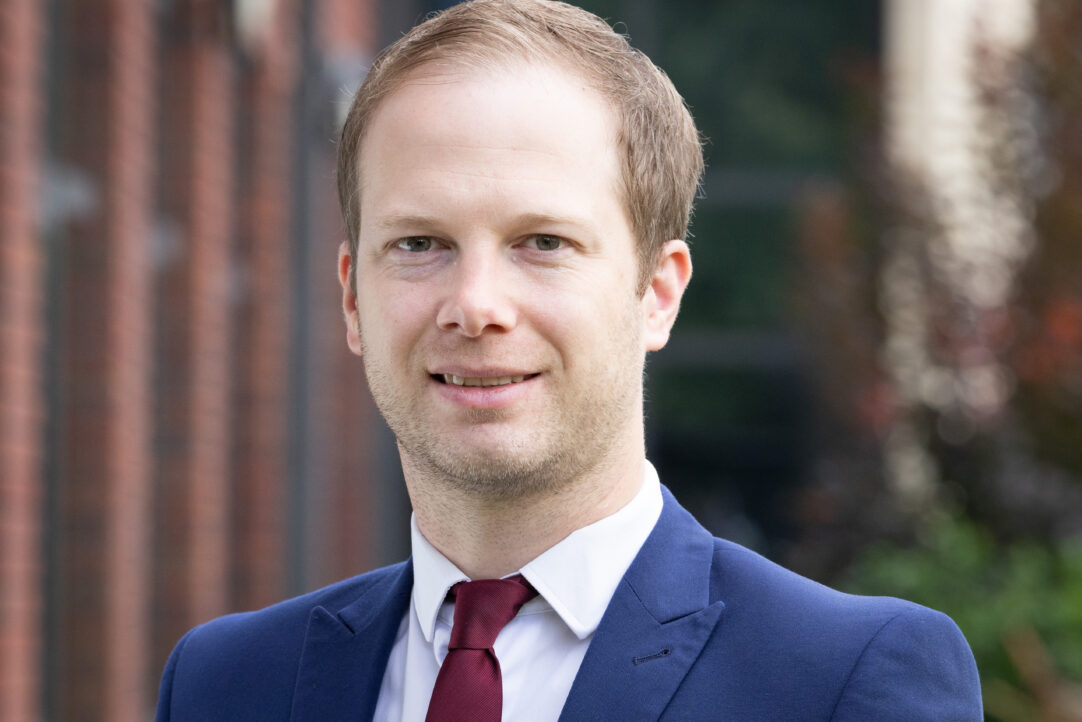The importance of updating your will regularly

Which? magazine estimates that as many as 60% of adults in the UK do not have a valid will in place. Research from Solicitors for the Elderly highlights that 47% people haven’t updated their will in over five years. This means that nearly half of wills in the UK are out of date and over half of the population do not have a will at all.
Making a will is one of the most important yet underutilised estate planning tools that everyone should have in place, even if a person does not consider that they have any possessions or money to give. Below are some of the risks to those who have not made a will:
- If a person dies without having made a will then the distribution of their estate will be dictated by a certain set of legal rules, known as the intestacy rules. These rules may not reflect how the assets are wished to be distributed upon death. Parliament could also change these rules at any time, without notice.
- If a couple are not married or have not entered into a registered civil partnership, when one dies, the surviving partner will receive nothing, potentially leading to significant financial hardship.
- If spouses or civil partners are separating and one should die during that process then unless a will has been made directing otherwise, the majority of the deceased’s estate will transfer to their spouse or civil partner.
- A will can indicate those persons that should become guardians of any minor children to prevent arguments between the family should both parents die.
- If you have significant assets then not having a will in place could lead to an unnecessary inheritance tax burden.
Instructing a suitably qualified professional to provide advice also gives the opportunity to consider other important areas:
- If there are life policies or death in service benefits, are the proper instructions held with the providers of those policies? This could include writing these policies in to trust to make them immediately available on death and, potentially, save tax.
- Likewise, have accurate wishes been communicated to pension providers so that it is clear what happens to those pension benefits upon death?
- Is there planning that should be considered during lifetime, rather than waiting until death, when it is too late?
- Are there vulnerable beneficiaries or beneficiaries which it would be best that they do not receive significant assets at this stage in their lives? If so, their ‘entitlement’ could be held in trust for their benefit but with suitable controls as to when they can access their inheritance.
- Are there any specific funeral wishes that executors need to be made aware of?
- If a chosen beneficiary or beneficiaries die, then who will receive their entitlement instead?
Any person can advise on the making of a will, but mistakes can prove costly, delay the administration of an estate and cause rifts between loved ones. Ideally, therefore, a Solicitor or other suitably qualified professional should always be instructed. Ideally they should be a member of Solicitors for the Elderly and/or a member of the Society of Trust and Estate Practitioners.
A Solicitor should always be instructed where circumstances are anything but straightforward. This might include, where:
- An estate is potentially liable to inheritance tax.
- There are overseas assets.
- The person making the will does not live in the UK full time, or their spouse or civil partner does not.
- There are vulnerable beneficiaries.
- There is the potential for someone to challenge the will.
- There are business or agricultural assets.
- There are shared assets with persons who are not married or have not entered into a registered civil partnership.
For more, read our will writing FAQs page. If you have any queries regarding wills, lasting powers of attorney or estate/tax planning or would like more information then you can contact Adam Scott on [email protected] or 01202 338570.
Adam Scott is a qualified Solicitor, Full Member of Solicitors for the Elderly and a member of the Society of Trust and Estate Practitioners.














